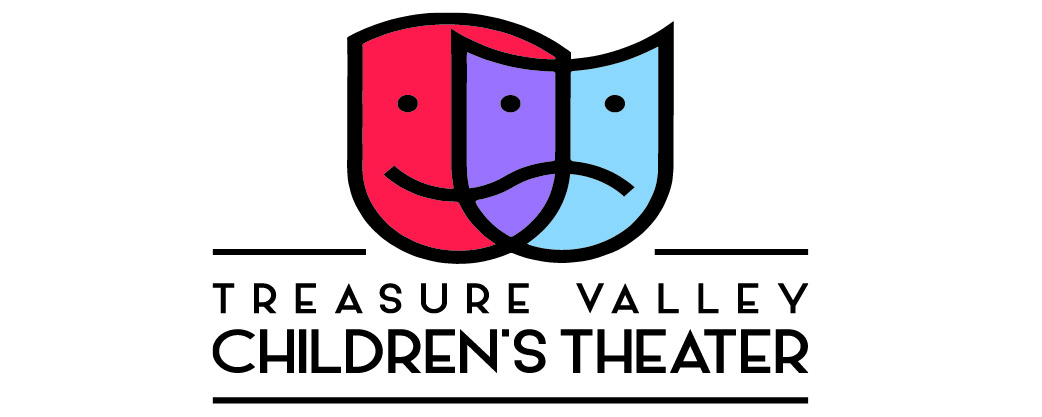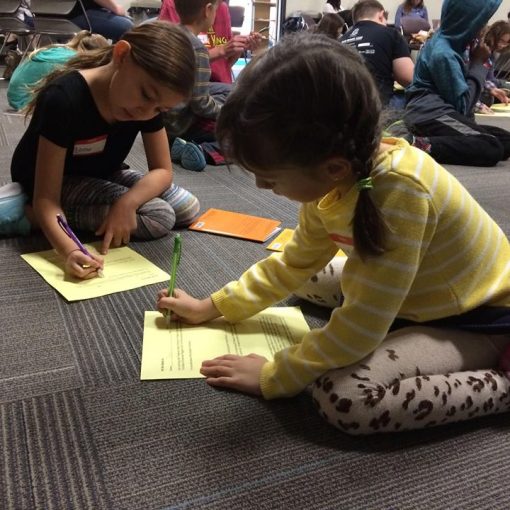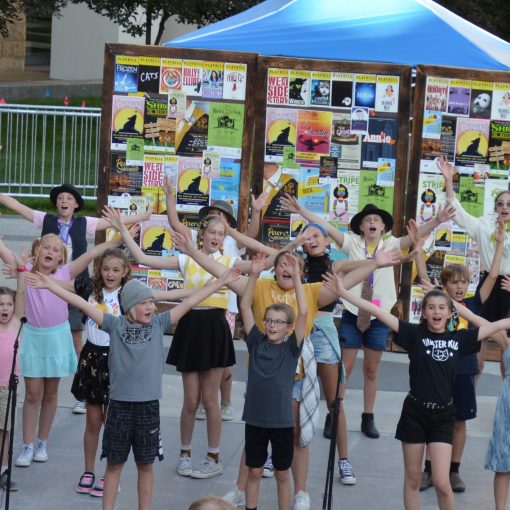Post 1 of 4: a special series for the new-to-theater family
Welcome! If I had to guess, I’m thinking you feel a little overwhelmed with the child who is suddenly expressing an interest in the performing arts? Are you the parent who would never consider performing for an audience of strangers? Maybe you wouldn’t even perform for family? But here you are, with a “theater kid,” and you have questions, you could use a little guidance, because, let’s be honest, this “theater thing” is a LOT more work than you probably realized.
I get it! Really. I started this post with the thought that I could sum “theater life” up in a couple paragraphs. But when asking some Treasure Valley Children’s Theater (TVCT) parents, I realized very quickly that one does not simply summarize Theater culture. What we create as theater artists and educators is far too complex for just a few paragraphs. So, you’re invited to follow a series of posts related to what your young performer has just brought home. And I hope you’ll consider engaging in the conversation by sending me your questions.

So, back to the questions, I’ve heard them all. And I’ve never heard a dumb question. Today’s post is dedicated to the non theater parent: the one who spent their childhood running, jumping, and playing outside. The one who kept their nose in the books. The one who was socializing with friends. The one who maybe got in a little too much trouble as a kid. The one who thought clubs were not cool. I know you. I love you. And I’m here to tell you that your theater kid is embarking on a remarkable journey that, perhaps, you may never fully understand, but you WILL see the benefits, if you encourage their interest.
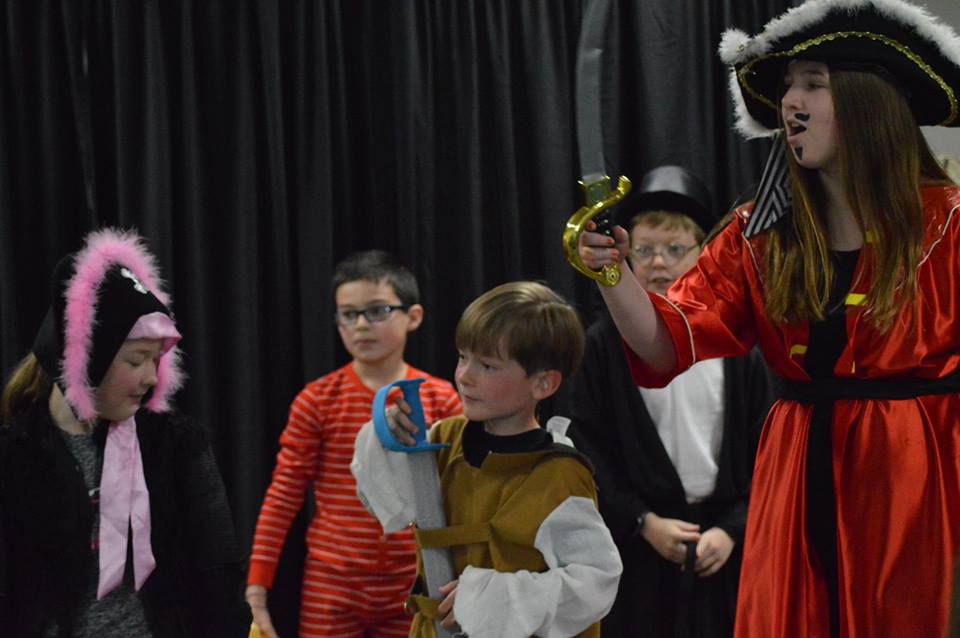
Let’s start with “why/how does my kid like theater” – there’s no hard and fast answer to this question. Consider the media our culture consumes; it’s very different than the media of our youth. There’s an emphasis on talent shows (The Voice, America’s Got Talent, American Idol, etc.). YouTube has created an entire generation of “Stars” based solely on their ability (and willingness) to stand in front of a camera and film their talents, opinions, actions, ideas, etc. Ask a 3-year-old what they want to be when they grow up and chances are they will say a YouTube Star.
“What does it mean to be a theater kid?” What may have once been a club for the nerdy and awkward kids (I was president of that club in high school), theater kids today are recognized as a collective of brilliant, compassionate, talented, and brave individuals who work together to create something meaningful. This shift in our cultural thinking creates an exceptional opportunity to encourage the development of future of leaders who possess the confidence, compassion, and skill to serve our country.
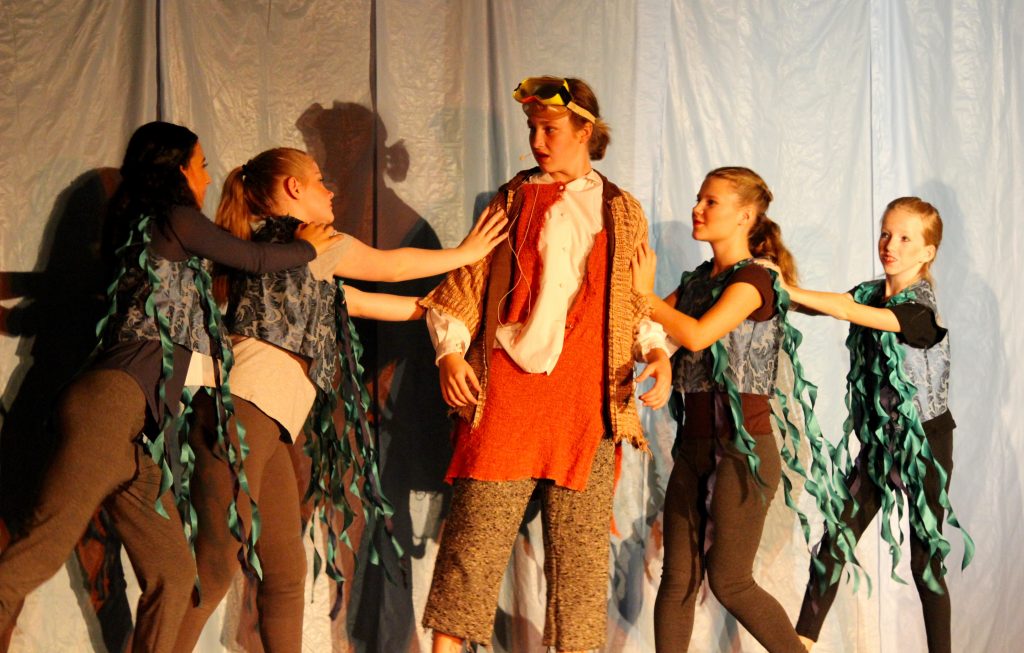
“What are they creating?” First and foremost, theater kids are creating themselves. The theater provides a safe space within which young people can explore and discover who they are and their unique talents to change the world. They are also creating experiences that will shape their lives. They are learning to work with people different than themselves to solve problems. They are discovering how to create moments that will educate, entertain, and effect their community. They are learning what Community means and how we, as artists and individuals, impact Community with our story telling.
“Why does it take so long?” I love this question. Theater – specifically theater with young performers – is a process, not a product. As an audience member, you experience the results of the process. When your observation is less than enjoyable, that’s usually because not enough attention was paid to the process. Think of creating theater a little bit like building a car, starting a business, or completing a successful run for a political office. If the time and attention isn’t taken, your car will fall apart, your business will fail, and your campaign will be a disaster. The process takes planning, preparation, practice, a WHOLE LOT of belief in what is being created. It takes time. Time that is, in my opinion, worth the investment.
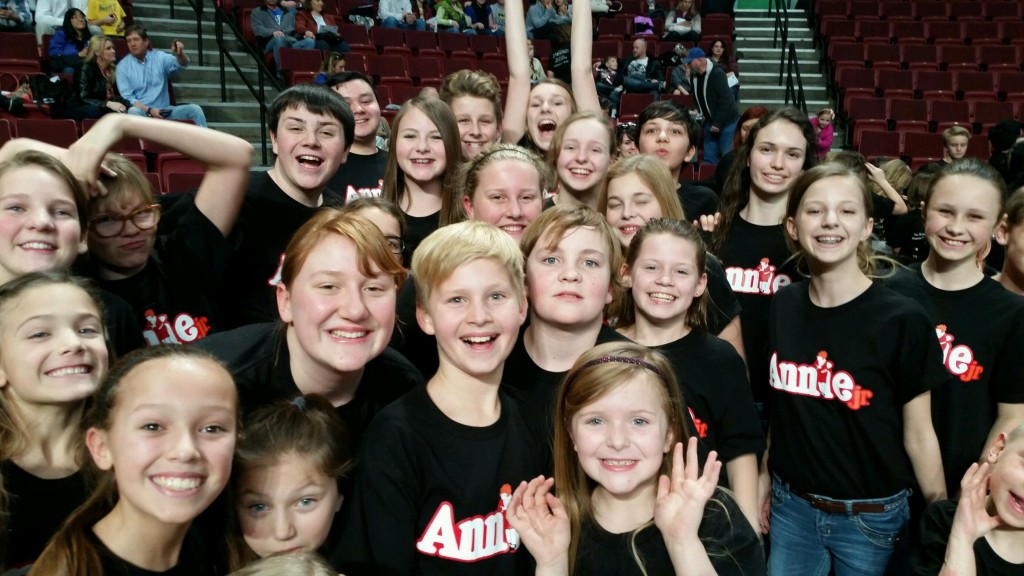
That’s it for this post. In my next post, I’ll answer a few of the logistical questions like: what types of programs would help my child be successful? What is some of the jargon and language I should know? What questions can/should I ask an organization that is offering theater to my child?
Do you have questions you’d like answered? Please send them to me at autumn@treasurevalleychildrenstheater.com
Until then, don’t worry new-to-theater parent, you got this!
